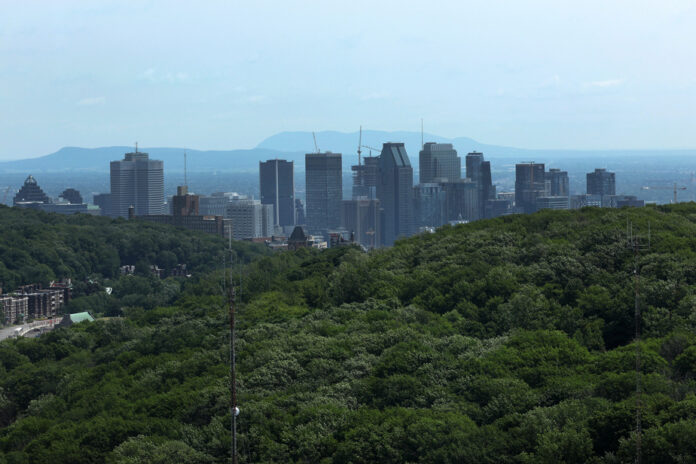Four cities in Quebec are among the ten most attractive urban centers for young workers, revealed the most recent Urban Work Index, produced by the organization Youthful Cities in collaboration with the Royal Bank of Canada.
This ranking ranks thirty Canadian cities according to their performance against ten indicators determined during the Urban Work Sleep 2019, including climate action, diversity and inclusion, equity, opportunities for youth employment, education and training, urban economy, entrepreneurship, cost of living, transport and health services.
If Toronto is positioned at the top of the ranking, Montreal is in second place. The Ottawa/Gatineau metropolitan area, Quebec and Laval are ranked 6th, 8th and 9th respectively.
According to the Youthful Cities report, Montreal stood out because of its public transit offer and its sustainable mobility offer. “Its transit network offers the highest availability schedule, [an app] for trip management, strong safety features like panic buttons and a night-stop schedule, and great convenience access to the airport. Montreal also obtained the best results in terms of bike paths and walkability,” reads the press release announcing the results of the study.
The entrepreneurial spirit of its residents, the actions taken to counter climate change as well as the numerous training opportunities and the quality of education provided there also weighed in the balance. The study reveals that Montreal and Toronto are the cities that have financed the most young companies in 2022, with three billion dollars in investments each. The Quebec metropolis is also the one with the most entrepreneurial accelerators per inhabitant.
Youthful Cities points out, however, that Montreal would be the fourth weakest city when it comes to the number of mental health professionals per capita. A similar reproach is made in Laval, which ends up dead last in the ranking for the number of health professionals per inhabitant.
Cities in Quebec stood out for their digital access, due in part to the number of places offering free Wi-Fi and for the affordability of internet and cell phone services; Montreal and Quebec rank second and third in the country in this regard.
In addition, Laval, Quebec and Ottawa / Gatineau would be the three most affordable cities, according to the survey.
It is mentioned, however, that even if all the Quebec cities studied have earned a place in the top 10 of the ranking, none of them has obtained good results on the side of the indicators of the municipal economy and health, ” with scores below the 50th percentile.
Quebec City ranked last in terms of its health services. It is also noted that it has one of the lowest numbers of food banks per capita.
The ranking aims to make city leaders and employers aware of what young workers are looking for in order to start “a national dialogue on the future of urban work and the leading role that young people play to shape that future.”
“As the post-pandemic recovery continues, the labor market for young adults remains precarious. They will have to continue to make career choices that take into account work environments, emerging industry changes, wages and inflation, and these choices will in turn affect their way of life and their contribution to the city where they will decide to settle,” commented Raj Dhaliwal, head of Youthful Cities, an organization that invites young people aged 15 to 29 to brainstorm solutions to problems in their cities.





